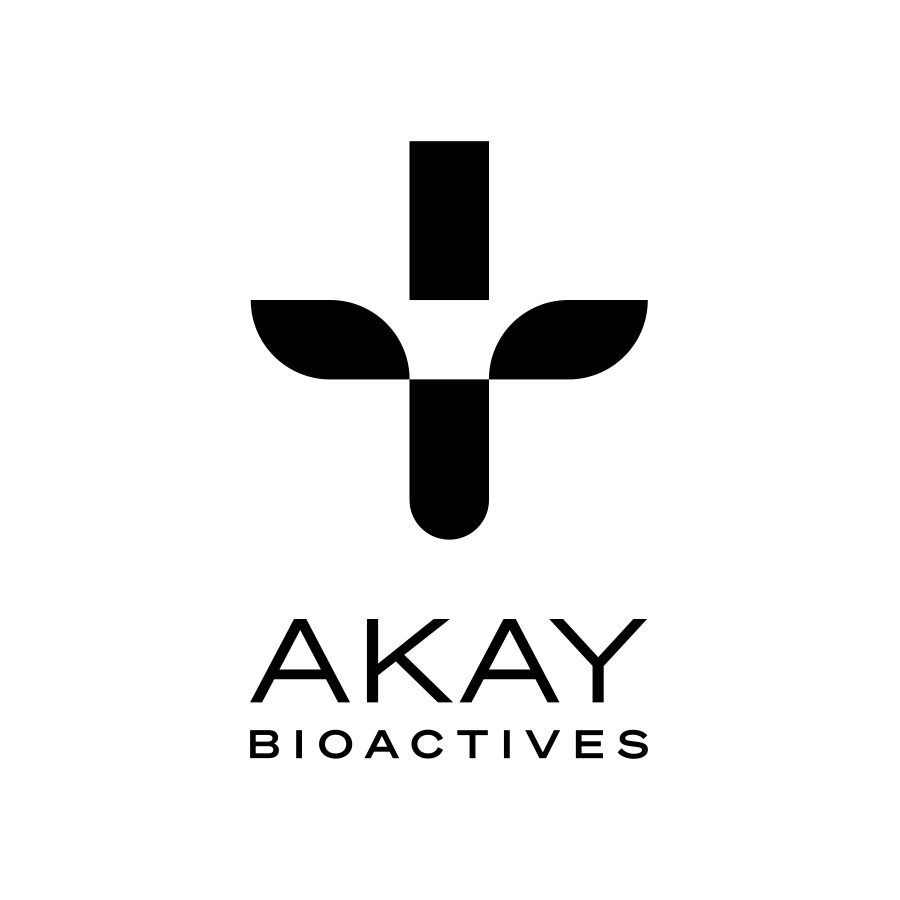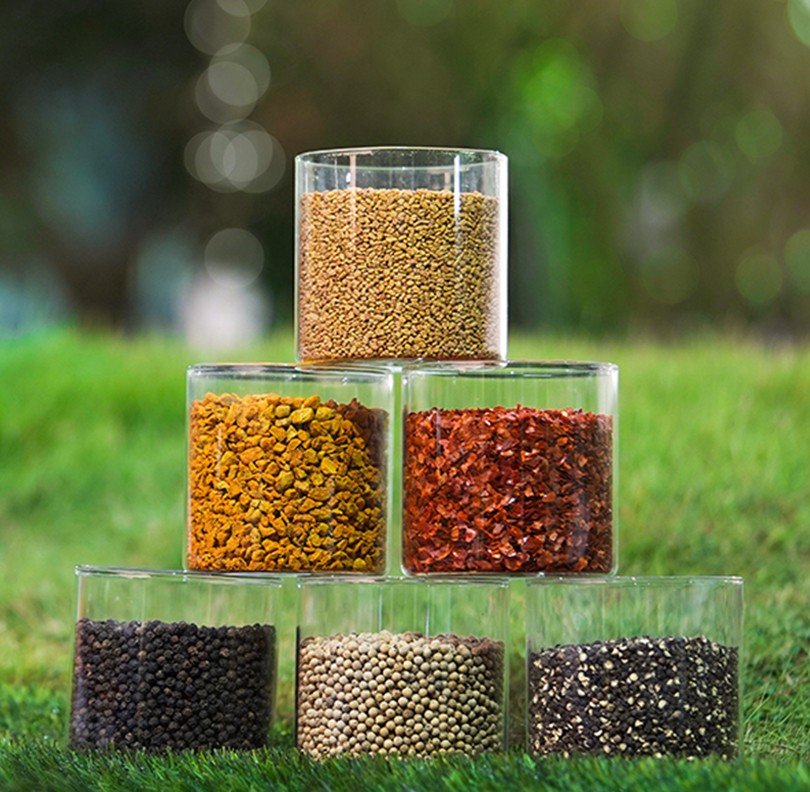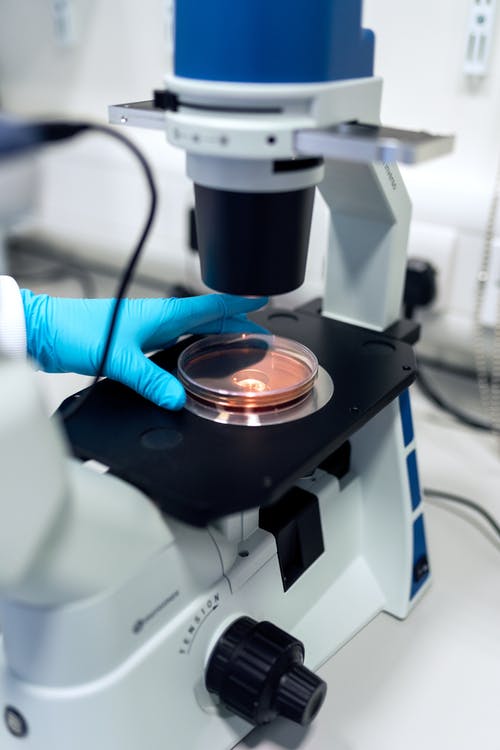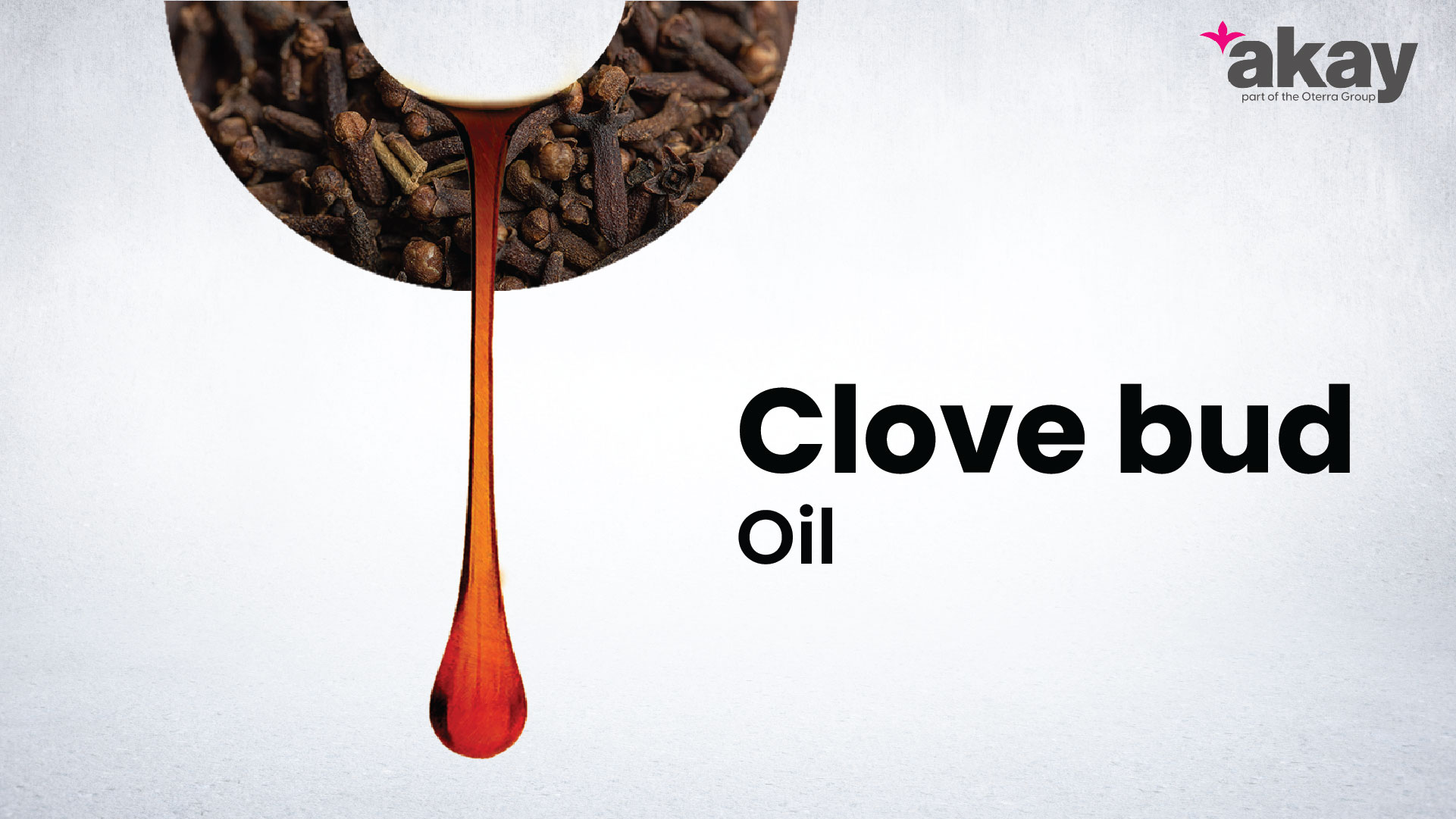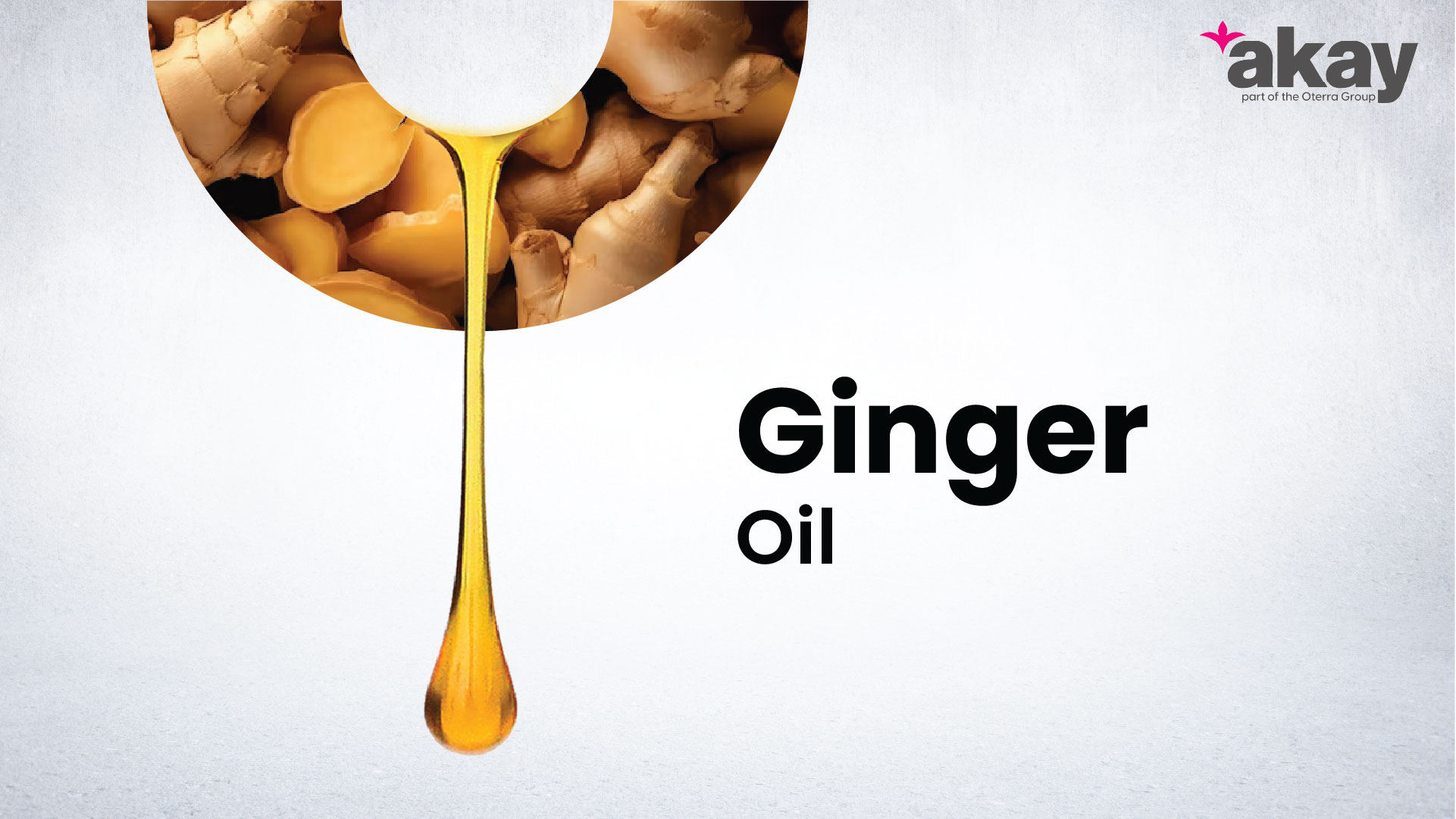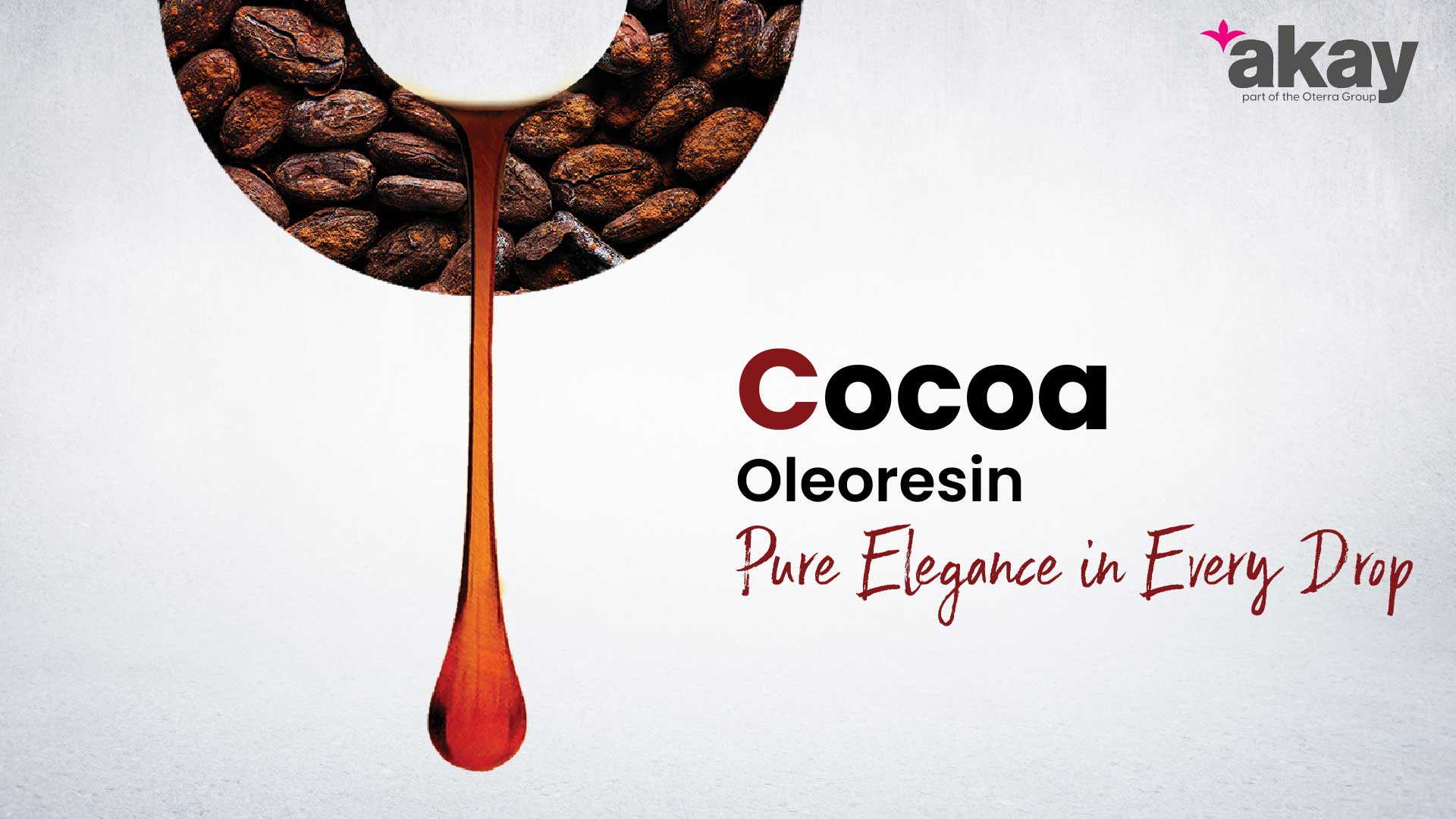CurQfen ® - A 100% natural and clean label curcumin for brain health
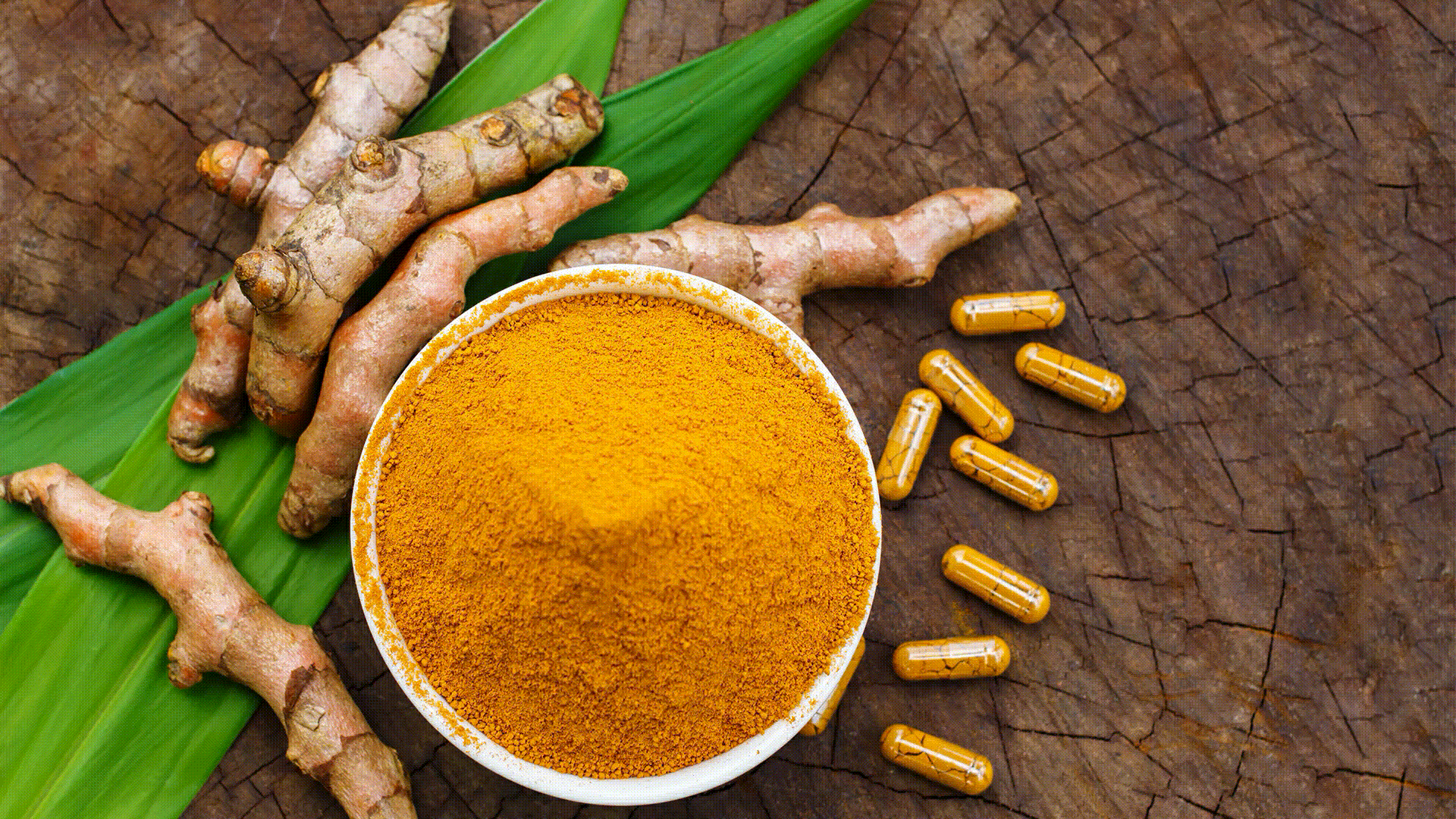
Natural Curcumin
Ageing is a natural phenomenon which is normal, inevitable and purely biological. No one knows when old age begins, because biological age is not parlance with chronological age. It depends upon the stress and strains one faces during his life. In the present scenario, emotional disturbances and memory loss accompany from middle age onwards. Degeneration starts at the tissue level and manifests as various physical and mental illnesses in which we are supposed to live. Like all the other human organs, the brain also undergoes various degenerative changes which in turn make a person less efficient in his routine activities. Such changes in the brain are termed neurodegeneration, which is more often associated with neuroinflammation and the spectrum of diseases which come in this circle are called neurodegenerative diseases. It encompasses the simple forgetfulness otherwise known as dementia and the death-causing diseases like Alzheimer’s. Dementia is identified as one of the major neurological disorders whose incidence and prevalence are challenging. According to World Health Organization, 130 million people around the world may get affected by dementia by the end of 2050. The highest prevalence of the same is reported in the United States followed by Africa and the Middle East. The latter, Alzheimer’s disease (AD) is considered the second largest contributor to death from neurological disorders, characterized by the deposition of beta-amyloid peptides in the brain leading to neurodegeneration and a decrease in the neurotransmitter called acetylcholine. The treatment modalities of AD include Acetylcholine esterase (AChE) inhibitors to enhance Acetylcholine levels (e.g. donepezil, rivastigmine) and glutamate inhibitors (e.g. memantine). However, the relatively high cost and side effects associated with such drugs demand safe and natural neuroprotective alternatives.
Clean Label Curcumin
The development of natural neuroprotective measures has been researched meticulously over the years but bioavailability and blood-brain-barrier penetration of such herbal drugs are limited. The golden spice turmeric, which is well known for its medicinal values bestowed on its active ingredient curcumin and extensively studied (in-vitro) for its neuroprotective effects in fact failed to prove its brain health efficacy with valid clinical significance due to its poor brain bioavailability and less brain tissue distribution of bioactive forms. Absorption and distribution of the bioactive forms of any substance is required to elicit useful pharmacological effects to brain. However, it is interesting to note that the turmeric has been exclusively using in the ages old Ayurvedic formulations for neurodegenerative diseases. But, the unfavorable organoleptic features, regulatory hurdles in various countries, lack of standardizations etc make the ayurvedic drugs inconvenient or inaccessible to most majority of world’s population. CurQfen® assumes significance in this context. It has imbibed the ancient principles of Ayurvedic formulations, but developed with modern drug delivery technologies (FENUMATTM) for absorption and distribution of bioactive free (unconjugated) curcuminoids to brain tissues. It is the one and only curcumin known for brain pharmacokinetics, and brain bioavailability in humans and animals. While UPLC-ESI-MS/MS spectrometry was used for establishing BBB-permeability and brain pharmacokinetics in animal models, EEG (Electroencephalography) was employed to prove BBB-permeability in human. It enhances the systematic bioavailability of FREE curcuminoids more than 45.5 fold compared to unformulated curcumin and 270-fold better absorption of total curcuminoids (conjugated + free).
Natural curcumin manufacturer
A recent double-blind, randomized placebo clinical trial conducted using unformulated curcumin and Akay’s curcuminoids-fenugreek complex, the latter patented as CurQfen® was shown improved memory and concentration compared to the other group even in a smaller dose of 500mg twice daily for 30 days. The significant increase in the α and β brain waves as well as significant reduction in the α/β ratio of CurQfen® treated group implies the fine blood brain penetration of curcumin and its neuroprotective effect. Apart from this, the neuroprotective effect of CurQfen® and its ameliorating effects on Alzheimer’s subjects have been studied. CurQfen® improves the locomotory functions and cognition and helps increasing the quality of living in the elderly by reducing the neuroinflammation and hence delaying the progress of neurodegeneration.
CurQfen® – key features
- 100% natural, food-grade and clean label.
- 45.5 fold free curcuminoids bioavailability.
- 270 fold total curcuminoids bioavailability (free + conjugated).
- Established blood-brain-barrier permeability and brain pharmacokinetics.
- Patented and unique delivery mechanism.
- Low dosage
- No added excipients.
References
- Aman Khanna et al., The effects of oral administration of curcumin–galactomannan complex on brain waves are consistent with brain penetration: a randomized, double-blinded, placebo-controlled pilot study, Nutritional Neuroscience(2020)
- Sunny A et al., Bioavailable curcumin alleviates lipopolysaccharide-induced neuroinflammation and improves cognition in experimental animals. Phcog Mag 2019; 15:S111-7.
- Ittiyavirah SP, Hema S. Ameliorating demyelination effect of curqfen® in cuprizone induced mice model of multiple sclerosis. Pharm PharmacolInt J. 2019;7(1):17‒20.
- E. R., Sunitha et al., Comparative neuroprotective effects of native curcumin and its galactomannoside formulation in carbofuran-induced neurotoxicity model. Natural Product Research, (2018) 1–5.
- Feigin VLet al., Global, regional, and national burden of neurological disorders during 1990‑2015: A systematic analysis for the Global Burden of Disease Study 2015. Lancet Neurol2017;16:877‑97.



